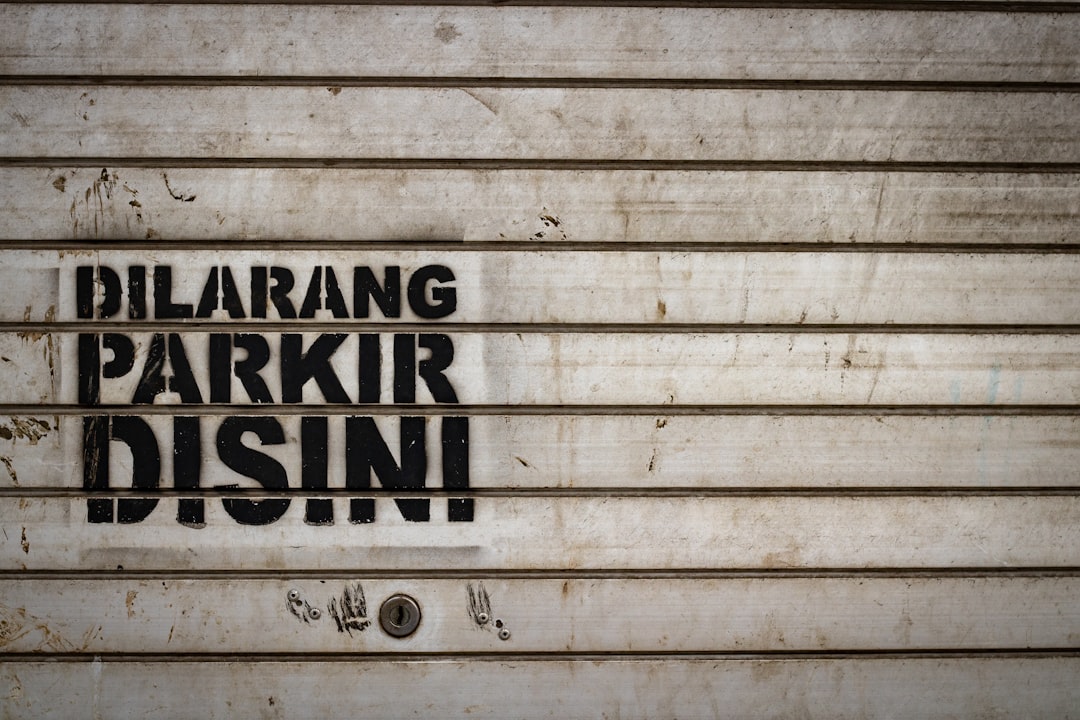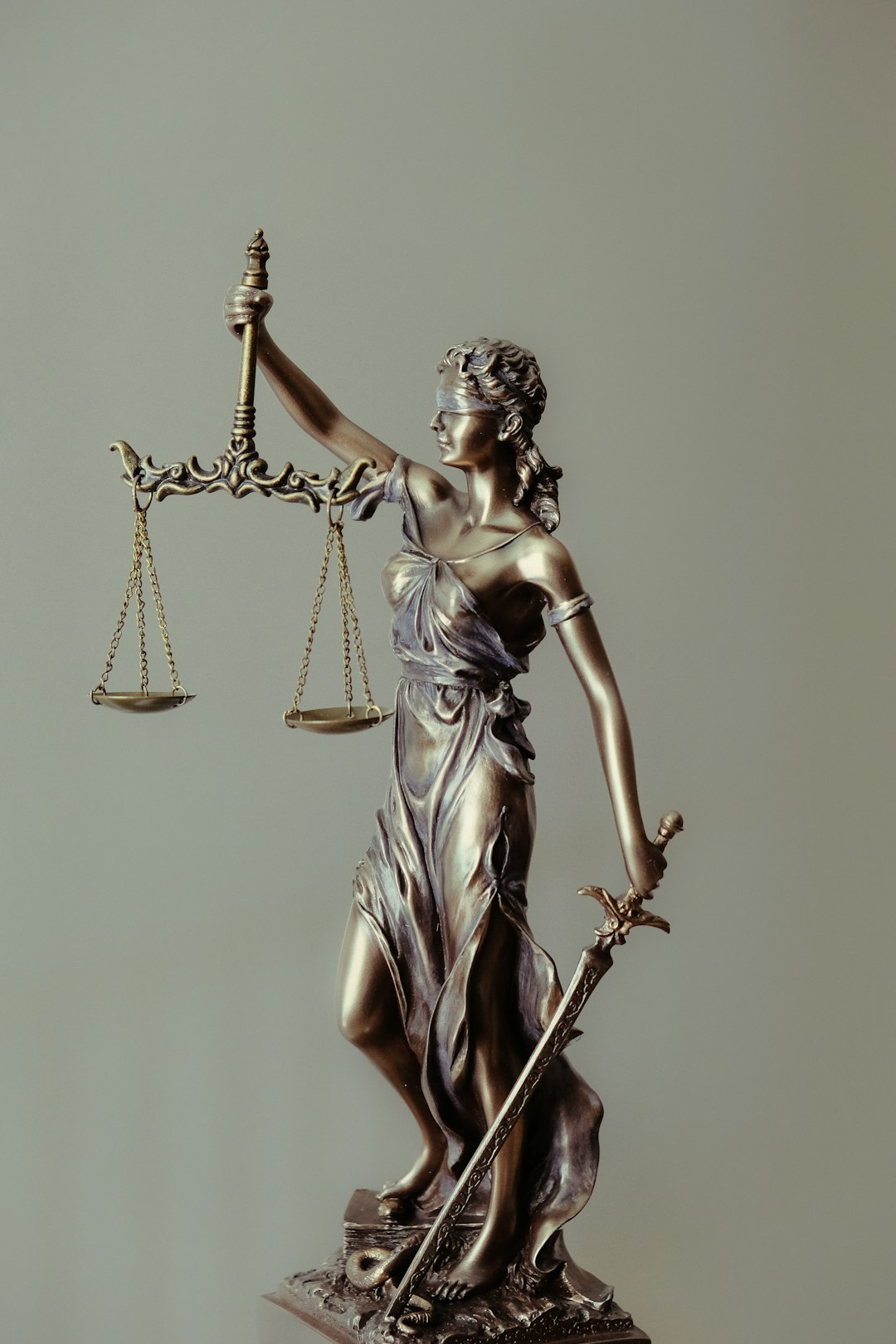In Cranston, Rhode Island, sexual assault cases rely heavily on expert witnesses—including forensic pathologists, nurse practitioners, and psychologists—to interpret medical and psychological evidence, combat victim-blaming narratives, and strengthen prosecution cases. Rape attorneys leverage these experts to guide victims through complex legal processes, ensure justice, and advocate for their rights in Rhode Island courts. Effective strategies involve selecting experienced specialists, thorough preparation, and aligning findings with local standards.
In Cranston, Rhode Island, sexual assault cases often turn on complex medical and psychological evidence. Expert witnesses play a pivotal role in these trials, providing specialized knowledge that can significantly influence the outcome. This article delves into the crucial responsibilities of expert witnesses, exploring their qualifications, types, and impact on local rape trials. Additionally, it offers strategies for effective use by Cranston’s rape attorneys to ensure justice for victims. Understanding these dynamics is essential for anyone navigating sexual assault cases in Rhode Island.
Understanding Expert Witnesses: Their Role in Legal Proceedings
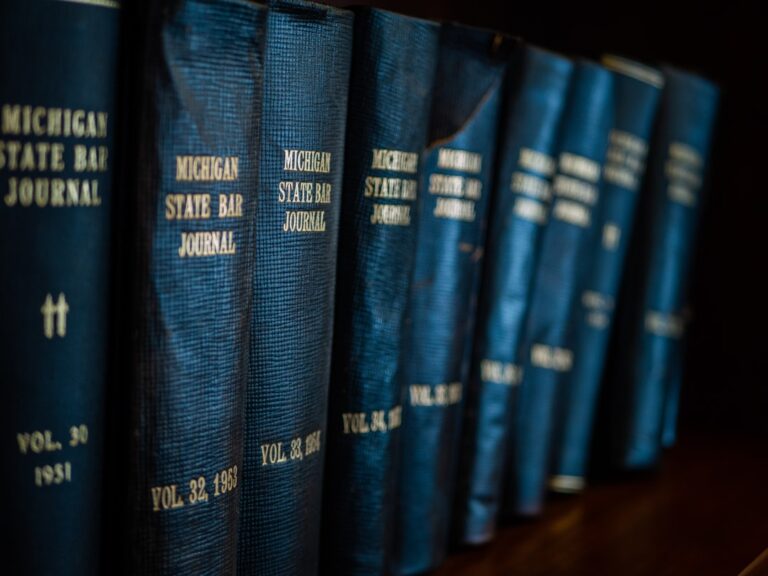
In sexual assault cases, especially in Cranston, Rhode Island, expert witnesses play a pivotal role in navigating complex legal proceedings. These individuals are subject matter experts who possess specialized knowledge and skills that can significantly impact the outcome of a trial. They are often retained by both the prosecution and defense to provide insights, interpret evidence, and offer professional opinions. For victims considering legal action against their assailants, finding a competent rape attorney in Rhode Island becomes crucial, as they can guide them through the process and leverage expert witnesses’ assistance.
Expert witnesses bring a unique perspective to the courtroom by offering expertise that may not be readily available to lawyers or judges. In Cranston’s legal landscape, where sexual assault cases require nuanced understanding and sensitivity, these experts help clarify technical aspects of the crime, analyze physical evidence, assess psychological impacts on survivors, and even provide insights into the behavior patterns of perpetrators. Their testimony can bolster the credibility of victims’ stories and aid juries in reaching just verdicts.
Qualifications and Types of Experts in Sexual Assault Cases
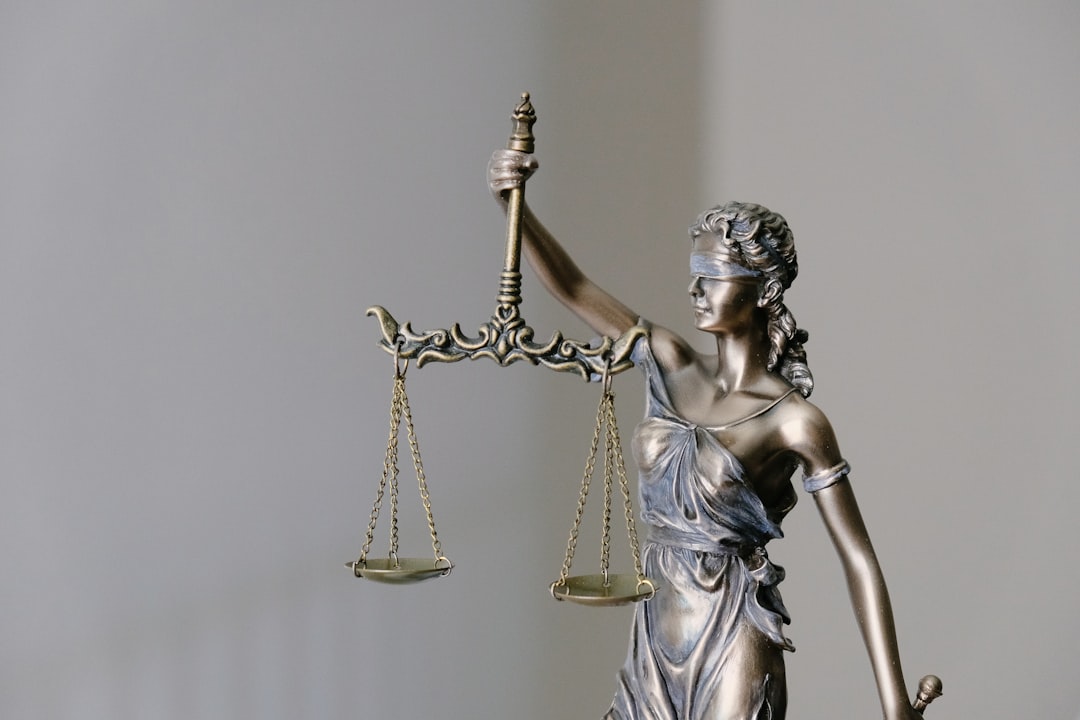
In sexual assault cases, expert witnesses play a pivotal role in helping juries understand complex medical and psychological aspects. These experts are typically highly qualified professionals with specialized knowledge and training relevant to the case. Qualifications can include advanced degrees, certifications, and substantial experience in fields such as medicine, psychology, forensics, or social work.
The types of experts involved vary based on the specific needs of each case. Medical professionals like forensic pathologists and nurse practitioners can provide insights into physical examinations, injuries, and medical procedures related to sexual assault. Psychologists and counselors specialize in trauma assessment and treatment, offering valuable testimony about a victim’s emotional state and potential psychological impacts. Forensic scientists analyze evidence such as DNA samples or physical remnants, while rape attorneys in Rhode Island often collaborate with these experts to build robust cases for their clients.
The Impact of Expert Testimony on Rape Trials in Rhode Island

In sexual assault cases, especially in Cranston, Rhode Island, expert testimony plays a pivotal role in shaping the outcome of trials. This is particularly crucial given the sensitive nature of such cases and the potential for emotional evidence to influence juries. A rape attorney in Rhode Island often relies on forensic experts, medical professionals, and psychology specialists who can provide insights into various aspects of the case. For instance, a forensic expert might analyze physical evidence, while a psychologist could testify about the psychological impact of sexual assault on victims, helping to humanize their experiences and combat any potential victim-blaming narratives.
The impact of such expert testimony is profound. It not only strengthens the prosecution’s case but also ensures that all elements of the crime are considered objectively. For rape attorneys in Rhode Island, these experts serve as powerful allies, enabling them to navigate complex legal territories and advocate for their clients effectively. Ultimately, expert witnesses contribute significantly to ensuring justice is served in a manner that respects the victims and adheres to the stringent standards required in rape trials.
Strategies for Effective Use of Expert Witnesses by Cranston Rape Attorneys
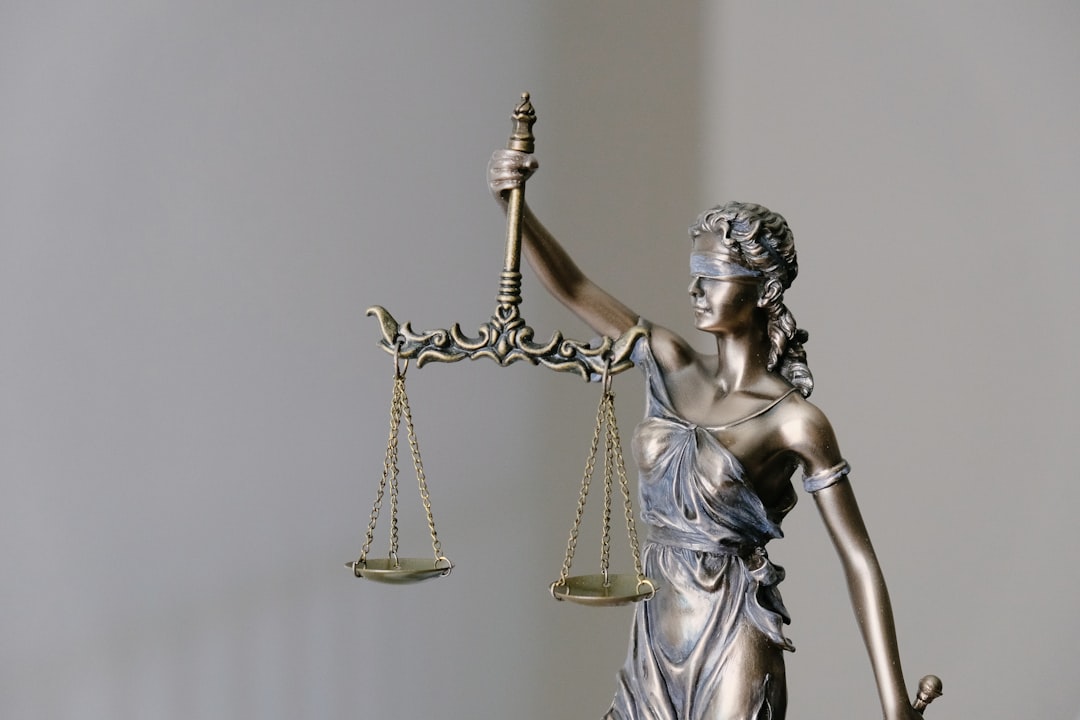
In Cranston, Rhode Island, where sexual assault cases can be complex and emotionally charged, rape attorneys play a pivotal role in navigating legal proceedings. One of their most powerful tools is the strategic use of expert witnesses. These professionals—including medical experts, forensic scientists, and psychologists—offer invaluable insights that can significantly strengthen a case. For instance, a forensic toxicologist can analyze evidence related to drug or alcohol use, while a sexual assault nurse examiner provides detailed accounts of physical examinations, helping to corroborate the victim’s story.
Cranston rape attorneys should employ several strategies for effective expert witness utilization. First, they must select experts with proven experience in handling similar cases and who are well-versed in the latest scientific methods and research. Second, careful preparation ensures that experts are aligned with the case’s specific needs, enabling them to provide compelling, relevant testimony. Attorneys should also coordinate with experts to align their findings with the medical and legal standards applicable in Rhode Island courts. This strategy enhances the credibility of the evidence presented, ultimately advocating more effectively for the rights of sexual assault victims.




